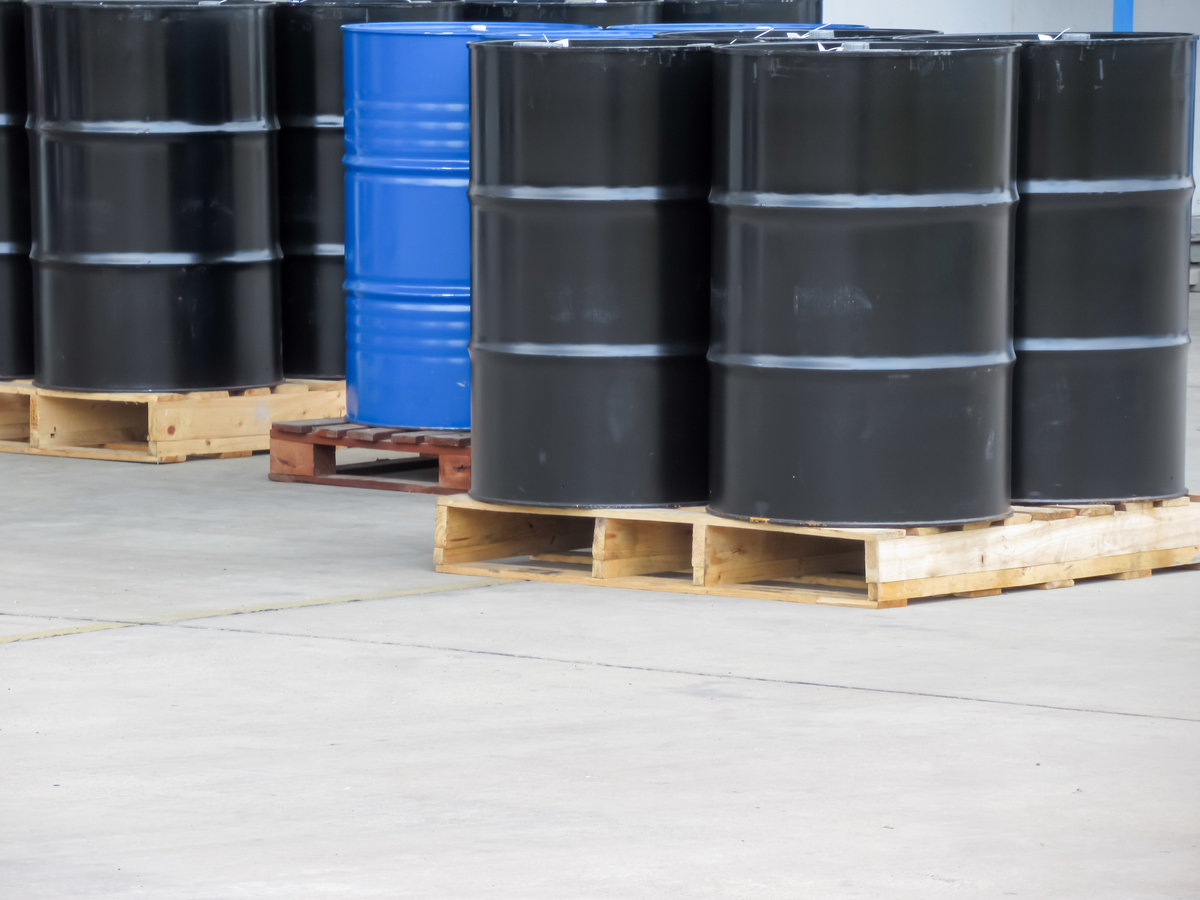Brent gains on fresh hopes of Sino-US trade deal
The front-month ICE Brent contract has gained by $1.83/bbl on the day, from Friday, to trade at $65.55/bbl at 09.00 GMT.
 IMAGE: Oil barrels. Getty Images
IMAGE: Oil barrels. Getty Images
Upward pressure:
Brent’s price gained momentum over the weekend as officials from the US and China, the two top crude oil consumers of the world, reached a mutual trade agreement in Geneva, boosting demand growth sentiment.
Washington has decided to reduce levies on most Chinese goods from 145% to 30% and Beijing said it will lower duties on US imports from 125% to 10% for a 90-day initial period.
“Oil and metals prices rose after the US and China said they will temporarily lower tariffs on each other’s products,” two analysts from ING Bank said.
Over the weekend, US treasury secretary Scott Bessent met with Chinese vice premier He Lifeng, to address trade tensions that that could potentially ease demand concerns.
“Crude oil gained… as optimism over trade talks raised the prospect of a limit to demand weakness,” ANZ Bank’s senior commodity strategist Daniel Hynes noted.
Downward pressure:
Brent’s price gains were capped by some oversupply concerns, as the global oil market braces for surplus OPEC+ barrels.
The Saudi Arabia-led oil producers group surprised the market in April by tripling its planned output hike to 411,000 b/d for May and agreed to extend that increase through June – the second month in a row that they plan to expedite the unwinding of their joint 2.2 million b/d output cuts.
“Concerns over higher supply continue to hang over the market,” Hynes said.
Besides, OPEC+ producer Kazakhstan said that it has no plans to curb oil output this month, Bloomberg reports. The country, after repeatedly exceeding production quota over the past year, said earlier that it would put national interest before the oil coalition’s and continue to maintain higher production levels.
“Saudi Arabia, the de facto leader of the OPEC group, doesn’t appear to be afraid of lower oil prices but it does appear to be becoming less tolerant of over-producing members,” Hynes added.
By Aparupa Mazumder
Please get in touch with comments or additional info to news@engine.online





